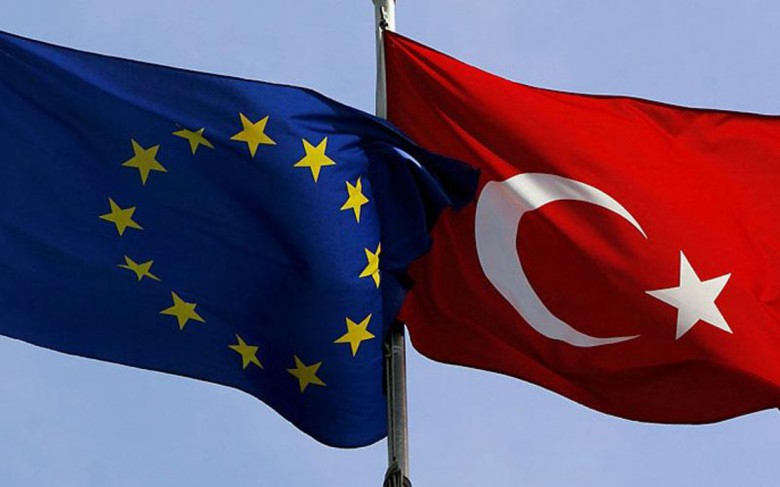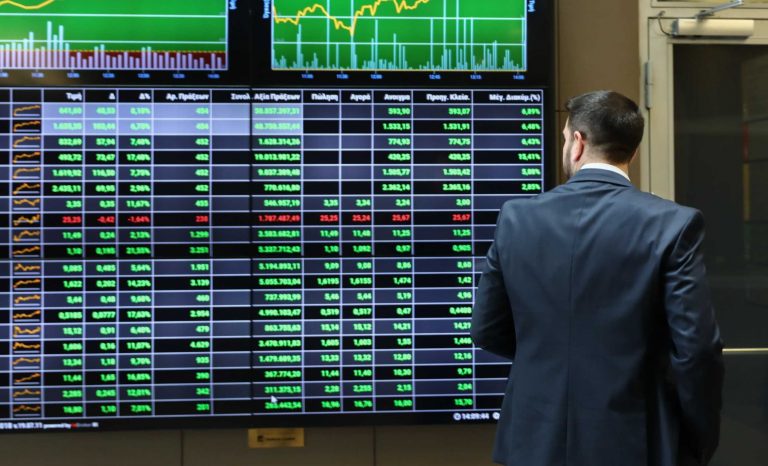Thousands of bank customers will have to pay increased installments on their mortgage for the first time since 2011, after the decision of the European Central Bank (ECB) to set its key interest rate from 0% to 0.50%.
We are talking about variable rate programs, which depending on the terms of their contracts, will be charged more on an annualized basis by 0.10% to 0.50%.
This translates into an upward adjustment of the monthly payments from, i.e. 5 to 25 euros per 100,000 euros of debt, with a remaining repayment period of 15 years.
And this will only be the beginning, since the indices to which the interest rates of these products are linked, will unexpectedly continue their upward course until at least the end of 2022.
On the other hand, for those who have a mortgage with a fixed interest rate there is no reason to worry, since the monthly installments will remain unchanged for the entire period of its validity.
How high will rates climb
To be able to calculate the new interest rate at which the next monthly installments will be calculated, one should refer to their original financing agreement.
There one will find how to calculate the nominal interest rate. Generally speaking, lending terms in recent years have followed three rules. Specifically:
1. The first category concerns loans linked exclusively to euribor indices.
In this case, the final interest rate is formed by the sum of the euribor and the bank’s fixed profit margin (spread).
These borrowers have already seen their installments increase in recent months and are expected to be burdened with new charges in the next installments, commensurate with the movement of the euribor.
For example, for a 100,000 euro loan, with a remaining repayment term of 15 years, which is linked to the euribor 1 month, the August installment will be increased by at least 5 euros in relation to the immediately previous month.
The final charge will depend on the level of the euribor before the installment payment date. It should be noted that this specific index (one month) had climbed from -0.26% at the beginning of July to -0.17% last Friday. That is, it gained 9 basis points.
2. The second category concerns loans that are linked to one of the euribor indices, but it is foreseen that as long as they are negative or remain at lower levels than the base interest rate of the euro, another method is used to calculate the final cost.
There are two cases, depending on the contract signed:
– The final interest rate is equal to the sum of the respective euribor index, as long as it is in positive territory, plus the bank’s profit margin. If the index is negative, 0% is taken into account and the final annualized cost is equal to the spread.
So as long as the euribor index of your loan remains in negative territory, nothing will change in the August tranche. This applies to the 1-month euribor.
On the other hand, the 3-month euribor has now climbed above 0%. Therefore, the next payment will be calculated with the new euribor, which based on the closing of Friday 22/7 is 0.20%, plus the bank’s margin.
For a loan of 100,000 euros, with a 15-year term and with a spread of 2.50%, the next monthly installment with the above data will increase by approximately 10 euros.
– In other contracts it is specified that if the euribor index falls short of the key ECB interest rate, which was the case in all previous years, the latter is taken into account for the calculation of the monthly installment.
Given that the Euro rate rose from 0% to 0.50%, borrowers with these types of contracts would see their nominal interest rate rise by 50 basis points.
So, in the mortgage of the example mentioned above, the next monthly installment will increase by around 25 euros.
3. The third category refers only to loans with an annualized cost equal to the ECB’s base interest rate, plus the bank’s profit margin.
Here things are clear and the nominal interest rate will rise by 50 basis points, as in the immediately preceding case.
Thus, the monthly installment for a loan of 100,000 euros, with a remaining repayment term of 15 years and a spread of 2.50%, will be adjusted to higher levels by 25 euros.












![Οι αλλαγές που υπάρχουν στα φορολογικά έντυπα για τα εισοδήματα του φορολογικού έτους 2024 από ακίνητα [Γ’ Μέρος]](https://www.ot.gr/wp-content/uploads/2025/03/akinita.jpeg)










